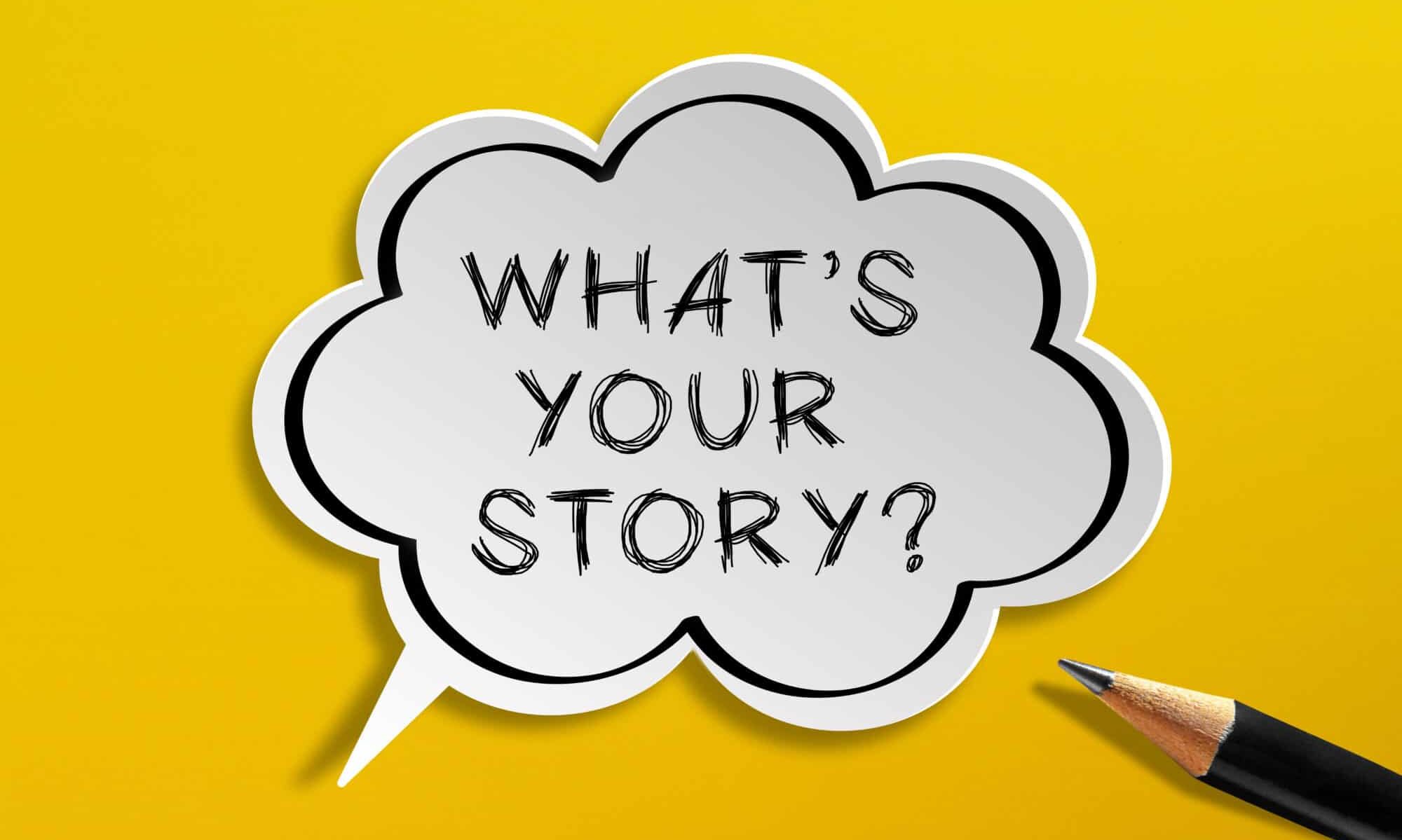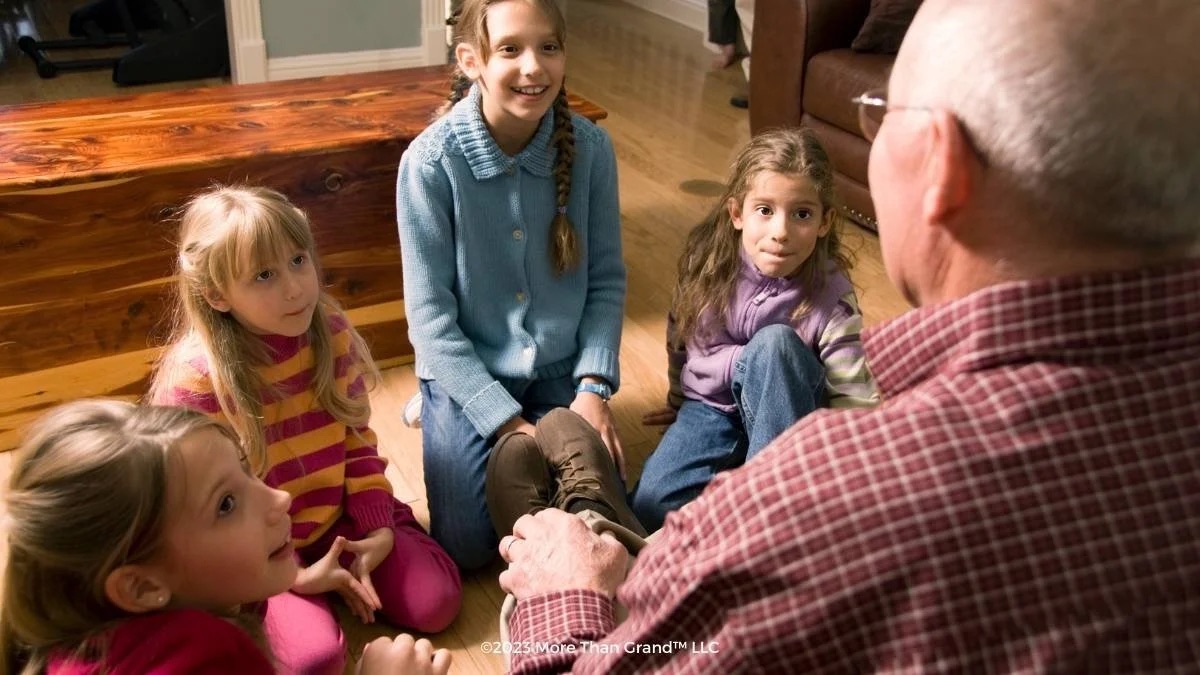Some stories never get old. No matter how many times they’re told, people lean in, smile, and want to hear more. And usually, they’re not the “big” stories. They’re the little ones.
Like the moment you first met your partner—maybe it was awkward, funny, or completely unexpected. Or that very first job that taught you lessons you carried for a lifetime. Or the games you and your friends played until the streetlights came on, back when the world felt a little bigger and simpler.
These are the details that light up a memory. They’re what kids and grandkids always ask about: What was it like when you were young? What did the world look like back then?
A Real Example: Anatoly K.
One of our most recent storytellers, Anatoly K., was born in late 1946 in Almaty, then part of the Kazakh SSR . His early memories are framed by a post-war world still rebuilding. He recalls how his parents built a small house on newly allotted farmland at the edge of the city, where once only fields stretched .
One of Anatoly’s first vivid memories is of his uncle returning from military service in Germany with a toy pistol made of porcelain. “It had a real sound, sparks, even little flames,” he said with a smile. “I never forgot it” .
He also remembers traveling with his father to the Altai region, where his grandmother lived. There, as a young boy, he wandered into a grove of bird cherry trees in full bloom. “It was like stepping into a white-and-blue sea, with the smell of blossoms all around. I was stunned—and I never forgot that moment either” .
Childhood in Central Asia was simple but shared. Anatoly and his younger sister slept in one room furnished with just two beds, a small table, and a shelf for schoolbooks . Yet he emphasizes that this was the norm: “All families lived simply.”
He also remembers the multicultural environment of Soviet Kazakhstan. Armenians, Kazakhs, Russians, Ukrainians all lived side by side. Children heard different languages on the street, but, as Anatoly notes, “There was no tension. We just lived. I only realized differences much later.” .
For his first jobs, Anatoly trained as a radio technician, but soon discovered it wasn’t his passion. He later worked at the Alma-Ata Electrotechnical Plant and then in the Ministry of Meat and Dairy Industry, where he traveled across Kazakhstan helping install and repair automation systems . He laughs when he remembers how he spent his early wages: “I bought a very expensive tape recorder—and gave it away as a birthday gift to a friend” .
These stories—of toys, blossoms, simple rooms, languages on the street, first paychecks—are not just personal details. They are windows into a world that no longer exists, but one that his children and grandchildren can now imagine and feel.
Why These Details Matter
They root us in emotion. You might not remember the exact date something happened, but you remember how cold your hands were, how the laughter felt, how the smell of fresh bread pulled you in. They preserve culture and place. Few textbooks can show the smell of a clay oven or the sound of snow under boots; yet for Anatoly and his listeners, those are windows into history. They connect generations. Grandchildren may never experience Anatoly’s winter roads or his homemade games, but when he tells the stories, those children understand in their own way—because such experiences are more universal than we often assume.
At The Life Chronicles, this is what we help preserve. We don’t just capture dates and facts—we capture the laughter, the details, the memories that future generations will hold onto. Because one day, long after the headlines are forgotten, your family will still want to know the story of how you met, what you dreamed about, and what made you laugh as a child.
Those are the stories that last forever.
Ready to bring your story gift to life? Book your pre-interview—let’s guide you through your story with confidence. That otherwise would have faded away.

